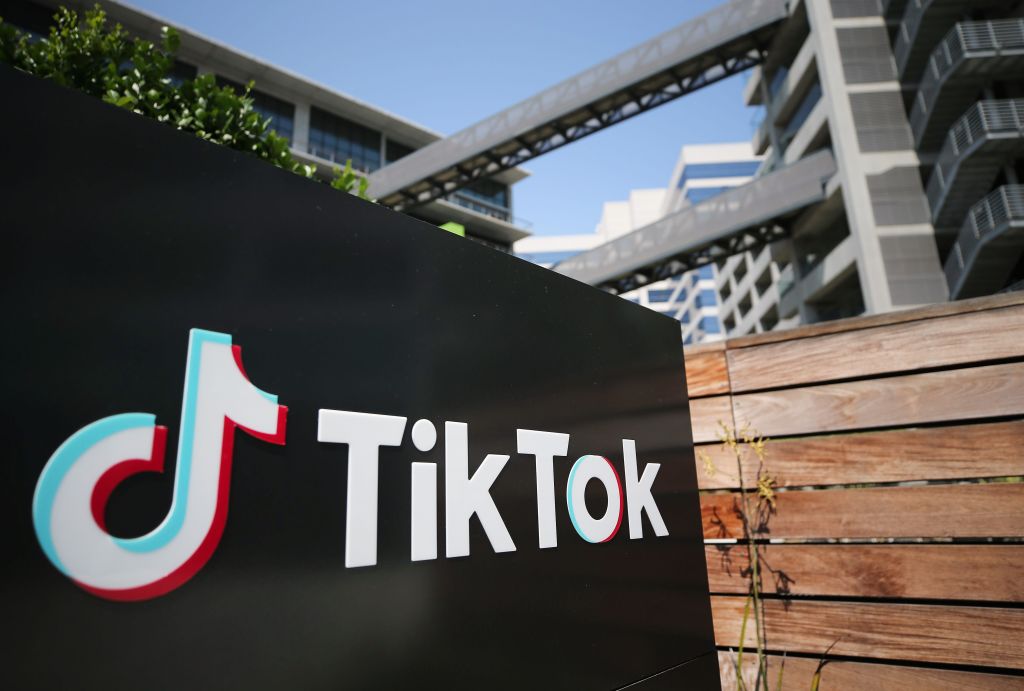Neil Hopkins: Why TikTok is big news for the Six Nations

Kids, eh? On one hand, Alan Hansen reckoned you couldn’t win anything with them, on the other, The Who figured they’re alright.
The dilemma facing almost every sport that isn’t football is how to attract younger audiences without alienating what the European Super League disparagingly labelled “legacy fans”.
As the Six Nations looms, rugby union’s struggle to do just that has received a huge boost with the news that TikTok, the social media platform powered by short-form video, has become an official sponsor of the tournament.
The significance of this is TikTok allows rugby to reach into a world advertisers refer to as Generation Z – the cohort born between the late 1990s and early 2010s – in ways that traditional media, including television, are increasingly failing to do.
For sports marketers this is a fascinating change in dynamic.
Brands usually invest in sponsorship to benefit from an association with a team, competition or athlete, and the opportunity to market to their fanbases.
For the Six Nations, and rugby in general, this audience is well-off, slightly older, and valuable to premium brands.
For sports like rugby, though, the ability of a brand like TikTok to offer a line of communication with a new generation of potential fans is arguably of greater value than any sponsorship revenue.
Claiming more than 1bn active users worldwide, it is easy to see the growth potential the platform offers the Six Nations.
That’s why, in the week when the tournament also announced a partnership with Breitling, manufacturer of £10,000 timepieces, it was still the TikTok deal that grabbed all the headlines.
For the men’s Six Nations, it will remain important to balance a focus on the younger audience with an acknowledgement that the core fan retains a strong attachment to the traditions of a much-storied tournament.
Until such time the fan demographic becomes provably younger, the lion’s share of the competition’s revenue will continue to be derived from sponsors and broadcasters targeting the affluent fans rugby union is renowned for.
The TikTok deal does, however, contain a real gamechanger for the women’s Six Nations, with the platform becoming the first ever title sponsor of the championship.
The growth potential in the women’s game is huge and the new sponsor’s ability to engage a more diverse audience could be a significant boost to commercial and marketing opportunities.
This adds to a sense of growing momentum. Long-term England sponsor O2 extended its contract with English rugby for a further five years in late 2020 with the commitment to fund the men’s and women’s games equally over the course of the partnership.
It is important not to overstate these shifts in the commercial landscape of rugby union but there is a wider context.
As capital flows into the sport – notably from private equity firms such as Six Nations shareholder CVC – at some point, some return on that investment will be due.
Audience growth, particularly among young fans, will be crucial to delivering this return.
Rugby union is possibly unrivalled in its complexity when it comes to the stakeholders that administer the game at various levels.
Leading the charge to attract new commercial partners that can grow the sport will help Six Nations Rugby remain the preeminent rugby brand in the northern hemisphere.
Ultimately, of course, the measure of success will be the extent to which rugby’s top players can become household names in the way footballers are.
Rugby’s been here before and succeeded.
World Cup success propelled the likes of Jonny Wilkinson, Matt Dawson, Lawrence Dallaglio, Martin Johnson, Jason Robinson, Mike Tindall, Will Greenwood and more into public consciousness.
But it’s time to stop talking about my generation.
Neil Hopkins is head of global strategy at M&C Saatchi Sport and Entertainment.